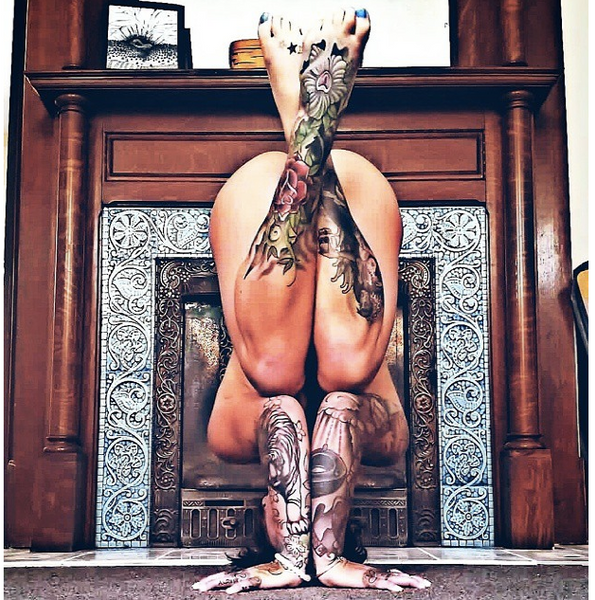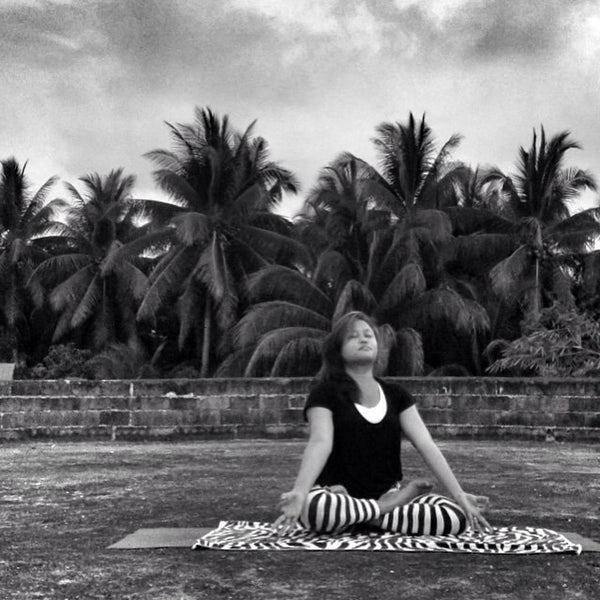Yoga for Menopause: An Easy Sequence To Assist You Through Change
Yoga For Menopause - How Can Yoga Help?

Menopause is a completely natural and appropriate process of change but is not something we decide to do or can schedule for our convenience at a pace of our choosing. At a certain stage the body simply prepares to transition. The rhythms that have been with us through our adult life start to shift and we may feel the dynamic changes physically, mentally and emotionally. The uncertainty and unfamiliarity can open up an unequivocal experiential understanding of where we are in our life-cycle. Practising yoga can help us on a physical, mental and emotional level at this time. It can be energizing as well as restorative which is so important for the tiredness we can feel. At a more subtle level, through connecting the tension in mind and body as we move and breathe, we can learn skills that support us back into balance where our experience in daily life (whether physical, mental, emotional) is distinctly off kilter. What are the things that someone who is going through menopause and wants to do yoga to help would want to know?
Yoga for Menopause - Changes in The Body
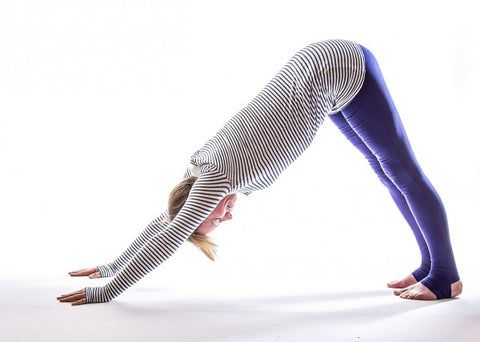
During menopause, you feel many changes in the body and the mind and yoga can support this transition. Menopause (like pregnancy) does not provide a one size fits all experience. The nature and intensity of changes we go through are diverse and can be deeply felt; yoga can encourage us to turn towards what is going on through awareness of how we hold and create tension in the mind and body moving us in the direction of what “acceptance” is really about. However much we dislike and perhaps struggle with a particular symptom, the significance of becoming post-procreative is a much wider embodied experience. The new landscape that is coming into view with its varied weather gives us an invitation to learn over and over again if necessary, the value of being kind to ourselves and responsibility for self-care. If we choose to work with what is going on in this way, our potential for learning at this time keeps on accelerating. When we can start to listen subtly to our body, its natural energy can be felt to support us physically, emotionally and mentally. Practising with an awareness of movement from the centre of the body tunes us in to a deeper and intuitive inner core. Felt perhaps as a heartbeat, pulse, a brightening or subtle vibration, it remains out of view if we practice with too much tension.
Yoga Poses For Menopause
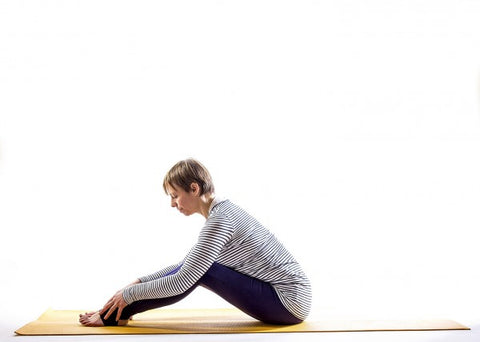
What yoga poses/routine might help through the transition? Being open to change is a really helpful approach rather than rigidly sticking to any particular routine or pushing the body into familiar postures that now feel strained. If we push and strive to fight what is going on in our bodies and our minds we simply create more tension, more stress and more disconnection from the support we can offer ourselves. Working instead with our relationship to what is going on gives us a route to an easier time of it. Key to being open is developing a capacity to listen to ourselves. We can start by practising some body basics – breathing and moving without tension in mind and body and remembering to smile. Opening postures, a slower pace and backbends can feel particularly good. Don’t skip relaxation at the end of a practice but extend it at this time. A regular practice can give us a routine of self-support and inquiry, and it does not have to be long. What we learn at this time can then be applied in daily life with whatever comes up – anxiety, feeling overwhelmed or on edge, forgetfulness, mood swings, irritability, tiredness, sleep disturbance, etc. Clearly menopause is not the only time when these approaches are of value, but at this time of transition, the body and mind is such a potent changing field of experience for exploring practice and for it to make a real difference; it can feel like we’re moving up the levels of a computer game when skills are tested in increasingly dynamic environments.
Yoga Poses for Menopause: Slow the pace of a short daily practice
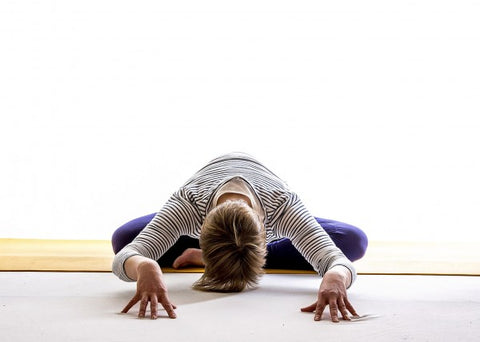
Here's a short yoga for menopause routine to get your started.
- Start lying down massaging the lower back with your knees hugged to chest.
- Rollover to one side or rock up to sitting and ease the lower back into balance, circling slowly from the centre.
- Breathe through alternate nostrils.
- Move into some warm ups, the ones that follow or others you like.
- As you inhale draw your centre forwards and expand your arms and heart, as you exhale draw your centre back and your arms inwards.
- Roll forwards onto all fours for cat cow allowing the spine to open in its own time drawing the centre of your body inwards and outwards exploring the feeling of natural support.
- Progress into a few sun salutations, walking out each leg synchronizing your movement with your breath and moving from the centre so the body naturally opens without strain.
- Come to sitting and ease into a forward bend with knees wide and high, allowing the centre of your body to expand forwards as you breathe in, (feeling the width and length increasing up the front of your spine) and then as you breathe out drawing the centre into the spine letting your shoulder tips soften.
- Try a sitting twist to each side, corkscrewing from the centre up and out to the side so the heart and shoulders follow without strain.
- Bring the legs wide for a wide leg sitting forward bend, lifting and lengthening as you breathe in and drawing the centre into the spine as you breathe out letting your shoulder tips soften.
- Come to lying down with your knees high, feel the contact with the floor through the feet, find your centre and breathing in push through the feet and send the centre to the ceiling, allowing your body to naturally expand into a backbend.
- Relax with your legs up against the wall for as long as you need, feeling the weight of your body on the floor and listening to the rhythm of your breath.
Yoga for Menopause: Develop your own support

When we become tuned into body sensations, for example being jittery or tearful, we can take charge of ourselves before we find ourselves overwhelmed or in the middle of an angry or irritable outburst. It’s a really useful skill and helps us to ride the waves rather than assume there is nothing we can do when our experience feels turbulent. Here's what you can do.
- Sit comfortably, close your eyes and listen to your breathing.
- Softly smile and as you breathe out bring your awareness to the lower abdomen. Perhaps place your hands there and feel their warmth.
- Gradually narrow your focus inside your body and imagine a soft gathering through the perineum inwards and upwards towards the cervix.
- Rest your awareness here as best you can staying with the breath and softly rotate inwards your inner thighs (a micro-movement that helps release tension in the hips and lower back and creates a dynamic subtle internal support).
- Smile, softening the corners of your mouth and lifting the corners of your eyes and feel a sense of grounding through the sit bones and the feet on the floor.
- When you are ready take a deliberate breath in and out and open your eyes.
Yoga for Menopause: Soothing yourself at times of turbulence
 When you're feeling particularly rough, here's something you can do. Gather inwards and upwards through the subtle centre of your body, keep smiling, connect with the sensations of your breath at its lowest expression in your body and feel your feet, open, widen and soften. Recognise what is going on and do something that you find comforting – a cup of tea, a walk outside, a warm shower. If possible ask for support. Know that moods may stay for some time but also pass. Moving through menopause with awareness allows us to be alive to the process, to practice self-care and to explore what acceptance is really about. Evolving with our yoga and taking responsibility to listen and support our body and mind at this time transforms our perspectives about where we find ourselves and gives us a rich training ground for the next phase of our life-cycle.
When you're feeling particularly rough, here's something you can do. Gather inwards and upwards through the subtle centre of your body, keep smiling, connect with the sensations of your breath at its lowest expression in your body and feel your feet, open, widen and soften. Recognise what is going on and do something that you find comforting – a cup of tea, a walk outside, a warm shower. If possible ask for support. Know that moods may stay for some time but also pass. Moving through menopause with awareness allows us to be alive to the process, to practice self-care and to explore what acceptance is really about. Evolving with our yoga and taking responsibility to listen and support our body and mind at this time transforms our perspectives about where we find ourselves and gives us a rich training ground for the next phase of our life-cycle.
How to deal with hot flushes
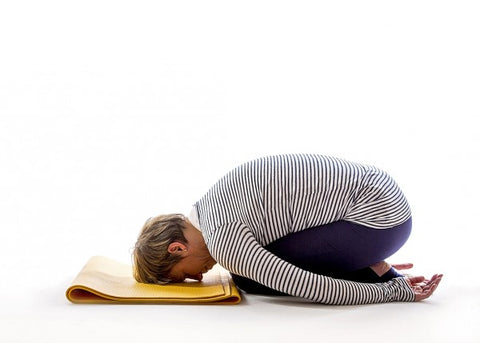
Hot flushes are a particularly common symptom and coming to terms with their impact can feel tricky. Try smiling when the next one comes a long and see where you are building tension in your body and mind. We build tension when we resist and don’t like what is going on, perhaps inwardly verbalized a long the lines of “I want the flush to end,” or “I don’t want the menopause,” or “how much longer can I stand it,” or “how much more before it stops,” etc., etc. When we soften and smile we are left with heat and the impact doesn’t magnify into emotional and physical distress. Try feeling the beginning of the sensation, where it starts, how it creeps over the body, the crescendo of boiling and the gradual subsidence, be with the wave of heat, breathe and smile with it rather than push it away angrily – it’s there anyway. Learning to listen softly to the body in this way and breathe with its fluctuations, we can engage with the sensation of heat with curiosity, a sense of humour and even playfulness. You can use your hot flushes as a natural prompt for mindful pauses.
Our thanks to Sarah Haden of Yoga Unlimited for the information on yoga for menopause. You can join Sarah at a weekend retreat on 2-4 December at Holycombe Retreat Centre in the Cotswolds to explore this approach whether in preparation or during menopause. The programme takes you on a journey through movement, meditation and discovery of your voice to guide you to ride the waves of change. With expert guidance from nutritionist Nicki Williams of Happy Hormones, an inspiring voice workshop with Patrissia Cuberos, and a focus on developing our innate and natural energy, this retreat will give you vital tools and set a direction for optimistic change.
